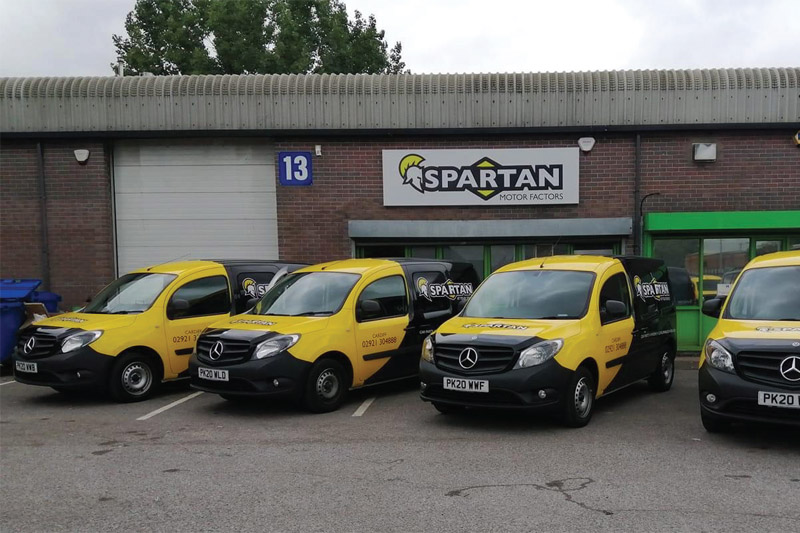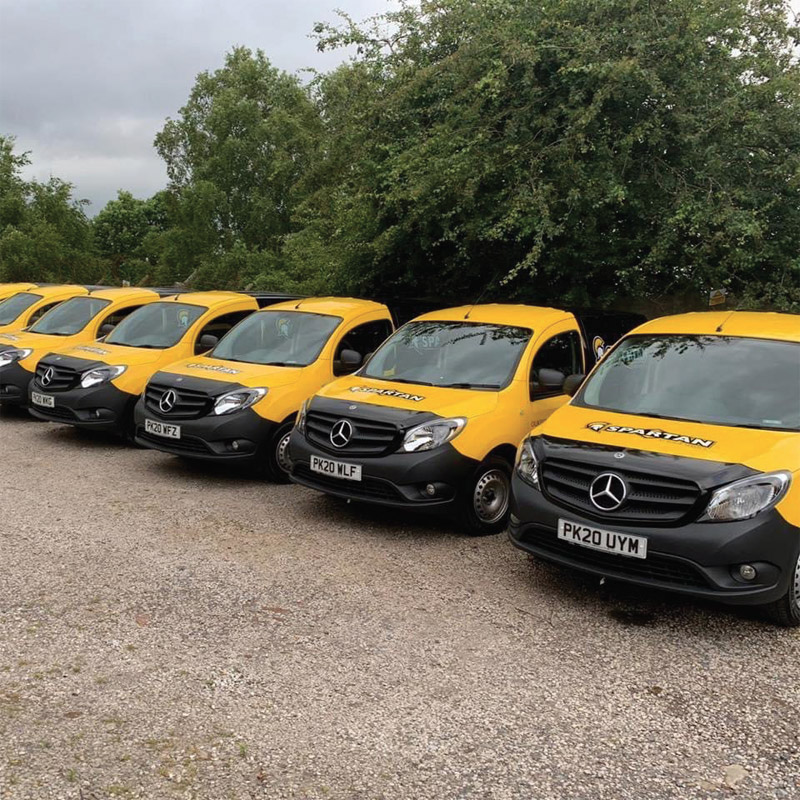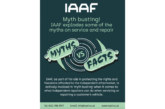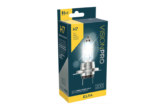
Lee Gratton, Spartan Motor Factors’ Sales and Operations Manager, answers PMF’s questions regarding how the COVID-19 enforced lockdown affected the company, particularly in terms of battery sales.
Q. How was everything at Spartan before the lockdown was put into place?
Lee Gratton (LG): During the last quarter of 2019, Spartan were only running at 70% of its projected turnover. The trade was quiet, and the uncertainty of Brexit reduced customer spending and resulted in a negative impact on Spartans sales. Business did not improve in January or February 2020, as at that point, we had the threat of lockdown looming over us.
Q. How did the lockdown restrictions affect trading? Did any of your stores close?
LG: As expected, lockdown brought trading to a halt. Spartan closed six depots temporarily and furloughed 100 staff.
During March and April, we diverted all sales calls to the four sites that remained open – Cardiff, Swansea, Avonmouth and Blackwood. These sites were challenged with servicing our entire network of 3,000 account customers, covering a 150 mile radius. For the first time ever, we had closed our doors to the public and only supplied key workers.
Q. Surely battery sales shot up as a result of many people using their vehicles far less than they would normally. Have you found this to be the case, and has this helped to boost business in what has undoubtedly been a tough time?
LG: You are correct. Traditionally, battery sales would spike during the winter.
We reopened all Spartan depots in May and recalled a number of furloughed staff. June saw our highest volume of battery sales in a one-month period for 10 years. We welcomed this rejuvenation of business, and as a result, we are now on track for our most successful year to date, which is incredible considering the lockdown. The opening of a new branch in Williamstown South Wales on August 15th is testament to the recent growth in business.

Q. Have you found that any battery manufacturers in particular have been especially helpful?
LG: Quinton Hazel has been outstanding. The company supplied us with point of sale material for our customers – ‘A battery maintenance guide to lockdown!’ – which provides advice on when it is best to start the vehicle, how often to run the vehicle and for how long, as well as covering the use of trickle chargers and how to spot corrosion on batteries.
Q. Having gone through lockdown, and with the winter fast approaching, is it especially important for motorists to get their vehicle’s batteries checked as soon as possible to ensure that they’re prepared for the cold weather?
LG: I would recommend that motorists get their battery tested before the winter as batteries do not like sitting idle. Through normal use, the battery retains enough charge to support the immobiliser and alarm systems whilst the car is switched off. When the car is not being used in times such as lockdown, it will result in a constant drain on the battery. This will have a negative effect on how easily a battery can get a vehicle going. In the winter, the battery has to work harder to start the engine and if it does not have enough charge, this will result in a flat battery.







